Edited by Marissa Alper
Justice at Spotify Day Of Action
On March 15th, we organized a worldwide action at Spotify offices where we held a rally and delivered our demands along with the 28,000 signatures to each office. Actions happened in over 15 cities around the world. U.S. cities were: Birmingham MI, Boston, Chicago, Los Angeles, Nashville, New York and San Francisco. Actions also took place in cities around the world including Berlin, Madrid, London, Melbourne, Paris, São Paulo, and Toronto among others. We received extensive press coverage for the action, including in Pitchfork, Billboard, Democracy Now! and Consequence of Sound.
Sign on to Our Demands
Spotify is the most dominant platform on the music streaming market. The company behind the streaming platform continues to accrue value, yet music workers everywhere see little more than pennies in compensation for the work they make.
With the entire live music ecosystem in jeopardy due to the coronavirus pandemic, music workers are more reliant on streaming income than ever. We are calling on Spotify to deliver increased royalty payments, transparency in their practices, and to stop fighting artists.
Share with other musicians and allies:
What We Are Asking For
Pay us at least one cent per stream
Adopt a user-centric payment model
Make all closed-door contracts public
Reveal existing payola, then end it altogether
Credit all labor in recordings
End legal battles intended to further impoverish artists
Why We Are Asking For It
Pay Us At Least One Cent Per Stream
One of Spotify’s core goals is to give “a million creative artists the opportunity to live off their art.” Yet, to generate a single dollar on the platform, a song needs to be streamed 263 times.
To put that in perspective, it would take 786 streams to generate enough revenue to buy an average cup of coffee. To pay the median American monthly rent ($1,078) an artist needs to generate 283,684 recurring streams monthly. And to earn $15/hr each month working full time, it would take 657,895 streams per band member.
We are asking Spotify to raise the average streaming royalty from $.0038 to a penny per stream. Doing so would give artists a better chance at making a living from their art, and begin to restore the public valuation of music.
Be Transparent
Major record labels own a huge percentage of Spotify’s catalog. With their leverage they are able to dictate the terms of their own streaming royalties and negotiate their own complex payment structures. It also gives them preferential treatment when it comes to editorial and algorithmic playlisting, something that all artists depend on.
We are calling on Spotify to be more transparent with their finances, their platform, and their relationships with artists. Make all deals with major labels public, and to end practices that resemble payola. In addition, we urge Spotify to give due credit to all engineers, musicians and laborers on all recordings.
Stop Fighting Artists
Spotify positions itself as the ultimate tool for artists to connect with and acquire new fans – but those aspirations frequently come in conflict with their bottom line and their business model. They ask artists to generate more and more content, saying “You can’t record music once every three to four years and think that’s going to be enough.”
Their own director of economics, Will Page, has stated that switching the platform to a user-centric model would be too difficult to implement because of “significant financial costs to adopting and implementing user-centric distribution.” Spotify should be fighting for the artists who built it, instead of further undercutting our economic well-being.
And earlier in 2020, Spotify along with several other streaming giants took to the DC circuit courts to appeal the 44% increase in mechanical songwriter royalty payments set in 2018 by the Copyright Royalty Board. Spotify along with other streaming giants have invested millions of dollars into this legal battle to deny songwriters their due. Spotify cannot legitimately claim to be helpful to artists if they continue to fight songwriters in court.
Resources
Payment
Spotify Mission Statement - Spotify
“The Definitive Guide to Spotify Royalties” - Jeff Price
“Who Owns Spotify?” - Rolling Stone
"Making Cents" - Pitchfork
Transparency
“This was Sony Music's contract with Spotify” - The Verge
“Spotify Has a Patent for Personality Tracking Technology - and it’s Pretty Creepy Stuff” - Music Business Weekly
Liz Pelly's Writing - The Baffler
Spotify Fighting Artists
“Spotify CEO To Artists: “You Can’t Record Music Once Every Three To Four Years And Think That’s Going To Be Enough -Consequence of Sound
“Threats, Bullying and Misinformation: Inside Spotify’s Battle With Songwriters” - Rolling Stone
“Songwriters Are Already Fighting For Better Pay. But in 2021, They Face an Even Bigger Battle” - Rolling Stone
“Spotify vs. Songwriters: Publishers Remain Confident That Streaming Platforms Will Be Forced to Increase Royalties in the US.” - Music Business Worldwide





